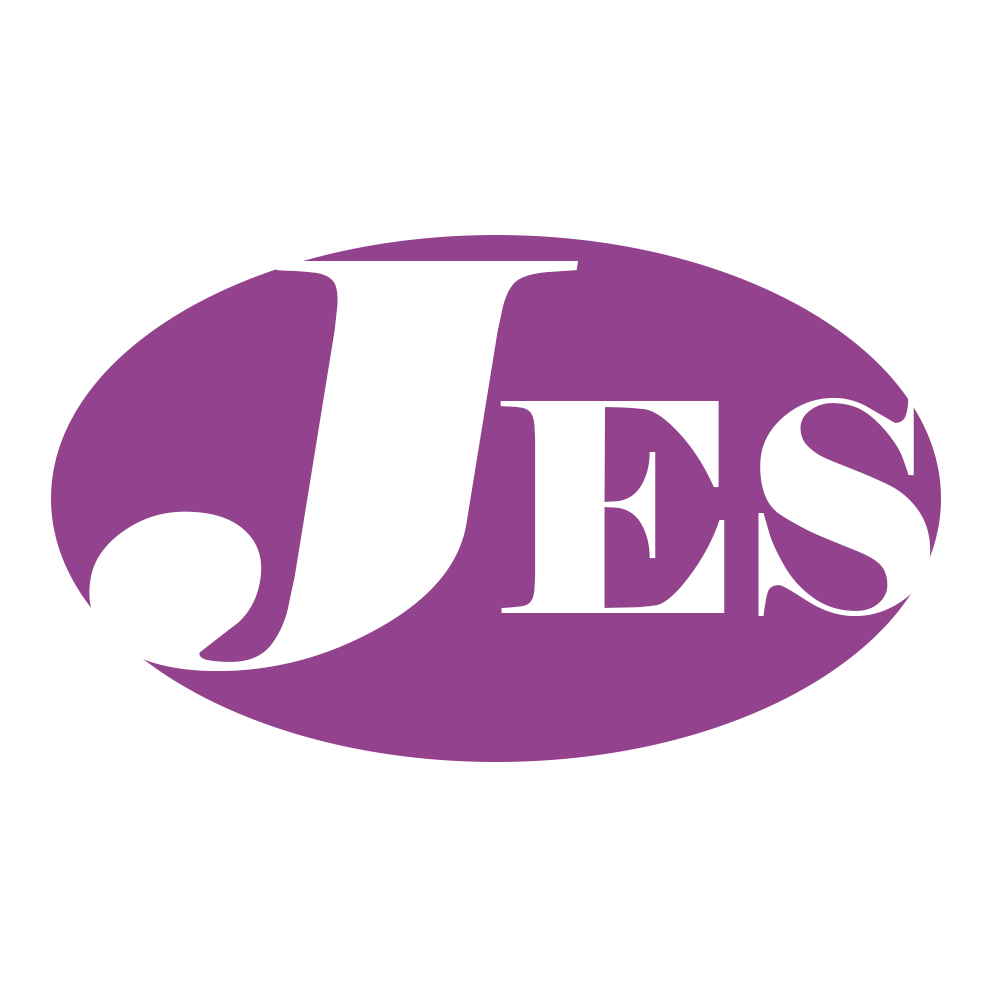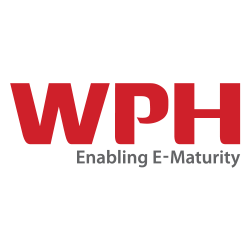Main purpose of role:
The QHSE -Co-ordinator is responsible for ensuring that the organization adheres to all relevant QHSE regulations, standards, and best practices within Asia. The purpose of the role is to promote a culture of safety, health, environmental stewardship, and quality control throughout the organization by implementing and maintaining effective QHSE systems, policies, and programs.
KEY ACCOUNTABILITIES
• Developing, implementing, and monitoring QHSE systems to ensure compliance with industry
regulations, legislation, and company policies.
• Conducting audits and inspections to identify risks, areas for improvement, and to ensure
adherence to safety, quality, and environmental standards.
• Providing training and guidance to staff on QHSE policies and procedures, helping to instill a
culture of responsibility for health, safety, and quality at every level.
• Tracking and reporting on QHSE performance (e.g., incident reports, audits, environmental
impact, and safety compliance) to ensure the organization is meeting its obligations and
targets.
• Managing incident investigations, ensuring that corrective and preventive actions are
implemented effectively.
• Supporting environmental sustainability initiatives, reporting on waste and energy
consumption, and supporting compliance with environmental regulations.
• Promoting employee wellness by ensuring that workplace practices align with health and safety
best practices to reduce risks and improve overall well-being.
• Provides QHSE data to support Bids/Tenders and complies QHSE monthly reports.
• Ensures that Safety Champion is adopted into the business provides end user training, and
onboarding compliance.
• Audits contractors against established QHSE standards and policies, reports on compliances.
• Provides ESG reports, Incident reports, Safety Champion Dashboard reports.
• Facilatates end of year management reviews with stakeholders, and provides
recommendations
• Liaises with Australia QHSE, shares knowledge and provides monthly report.
Knowledge:
• Standards & Best Practices: Thorough knowledge of QHSE standards such as ISO certifications, occupational safety laws, and environmental regulations.
• Industry-Specific Guidelines: Familiarity with industry norms and practices, particularly in sectors such as manufacturing, construction, or energy.
• Technology & Tools: Knowledge of QHSE software and tools for data management, reporting, and monitoring.
• Sustainability Practices: Understanding of environmental stewardship and sustainable operational practices.
• Behavioural Safety: Awareness of strategies to promote safety culture and human factors in risk management.
Skills & Competencies:
• Regulatory Compliance: Proficient in interpreting and applying QHSE regulations and standards (e.g., ISO 9001, 14001, 45001).
• Auditing & Inspections: Skilled in conducting internal/external audits, inspections, and compliance checks.
• Risk Assessment: Ability to identify, evaluate, and mitigate operational and workplace risks.
• System Implementation: Expertise in designing and implementing QHSE systems, frameworks, and policies.
• Incident Investigation: Strong analytical skills for root cause analysis and corrective action planning.
• Training & Development: Effective in creating and delivering training programs to enhance QHSE awareness.
• Data Analysis: Competence in tracking and analyzing performance metrics to drive improvements.
• Project Management: Ability to manage multiple initiatives with competing priorities.
Qualifications and certification:
Essential Certifications:
• ISO 9001, ISO 14001, ISO 45001 Lead Auditor certification.
• NEBOSH General Certificate or equivalent safety qualification. Desirable Certifications:
• Diploma / Degree in Occupational Health & Safety or Environmental Management.
• Incident Investigation Certification (e.g., ICAM).
• Six Sigma (Green Belt or higher) for quality improvement.
























